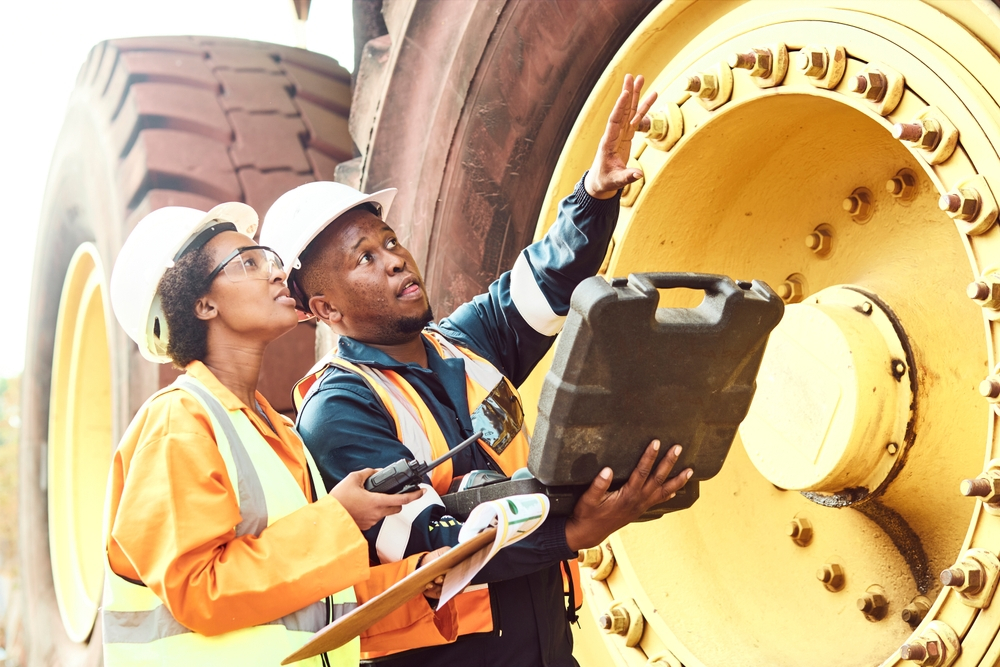

Mining in Africa: Challenges and Opportunities
Africa is a continent rich in mineral resources such as gold, diamond, copper, cobalt and zinc. However, mining in Africa faces challenges such as corruption, insecurity, inadequate infrastructure and social conflict.

The main challenges facing the mining industry in Africa:
The lack of infrastructure:
Many mining operations are located in remote areas with little to no access to essential infrastructure such as roads, electricity, and water. This not only makes it difficult to operate and transport materials but also increases the cost of doing business.
The lack of skilled labor :
Many African countries have low levels of education and a shortage of skilled labor, which makes it challenging to find qualified workers to operate and maintain mining equipment. This has led to a heavy reliance on expatriate labor, which can be expensive and also limits the transfer of skills to local workers.
Corruption and lack of transparency :
Many governments and mining companies have been accused of engaging in corrupt practices, such as bribery and embezzlement, which can undermine public trust and hinder investment.
Environmental concerns:
Mining operations can have a significant impact on the environment, including deforestation, soil erosion, and water pollution. Many African countries’ lack of environmental regulations and enforcement exacerbates these issues.
Despite these challenges, mining in Africa also offers opportunities for economic growth and development. Mining companies can drive economic growth by creating jobs, investing in local infrastructure and supporting community development initiatives.
The opportunities presented by mining in Africa :
Mineral resources:
Africa is rich in mineral resources including gold, diamonds, and copper.
These resources provide a significant source of revenue for many African countries.
Growing demand for minerals:
As global demand for minerals continues to rise, Africa presents an attractive opportunity for mining companies to meet this demand.
Job creation:
Mining can provide employment opportunities, both directly and indirectly, for people in the host communities and beyond. This can help alleviate poverty and improve livelihoods.
Infrastructure development:
Mining can catalyze infrastructure development, such as roads, rail, and ports, which can enhance the economic development of host countries.
Foreign investment:
Mining can attract foreign investment, bringing in capital and technology to support economi in capital and technology to support economic development.c development.
-> In conclusion, mining in Africa presents both challenges and opportunities. To unlock the potential of Africa’s mineral wealth, governments and mining companies must work together to address regulatory and legal uncertainties, improve infrastructure, promote stability, and address social and environmental issues.
HEAD OFFICE
DUBAI, BUSINESS BAY,B2B TOWER 2310
CALL US
© 2022 JPG consulting partners Energy trading & commodities. All Rights Reserved by MSIT-Conseil